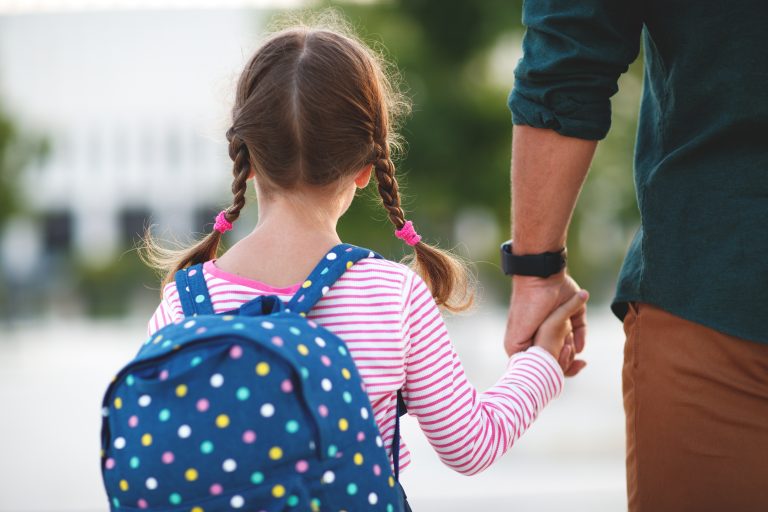How to Prepare for Back-to-School
Four Tips from Acadia’s Chief Medical Officer, Dr. Stephanie Eken
As summer comes to a close, preparing kids for the new school year can be a challenging yet rewarding task. Winding down from an energetic, less structured environment while shifting into an academic mentality takes planning and coordination to ensure the entire family is prepared. With a bit of preparation, parents and kids can reduce stress and be ready for the changing routines. Drawing from my experience as both a child psychiatrist and pediatrician, here are four helpful back-to-school recommendations to consider for your family.
Ease into a routine
Establish a consistent sleep routine leading up to the first day of school. Summer often brings a more relaxed approach to daily activities and moving into a schedule that includes consistent mealtimes and bedtimes at least two weeks before school starts will help with the transition to the academic year. Children – and parents – will benefit from the gradual adjustment, ensuring the family is increasingly well-rested, comfortable, and ready to thrive academically.
Visit the school
Visit your child’s school before it opens for the academic year. This experience can be incredibly grounding for children, even if the student was previously enrolled. Creating a sense of familiarity can make the first day less daunting and more exciting. If the building is closed, consider a fun activity on the property such as going to the playground to help kids look forward to their first day.
Reassure your child
It’s normal for children to feel anxious about new experiences. A little reassurance is helpful to remind youngsters that they are capable. Talk with your child about the skills they already have to handle new situations. For example, you can guide them through how they might handle common issues that happen in the classroom. If anxiety becomes a significant issue, consulting a therapist or meeting with the school counselor can be beneficial.
Discuss safe transportation
As you prepare your child, reviewing safety issues related to how they get to and from school is important. Setting expectations around wearing a bike helmet, using a seatbelt, how many other people are riding in the car, or notifying parents if their plans change are good first steps. For younger students, reviewing bus routes, drop-off locations and after-school care can help to set your child up for success.
In summary, a combination of easing into routines, visiting the school, building confidence through reassurance, and reviewing transportation options can significantly ease the academic transition. By fostering self-efficacy and resilience, parents can help their children start the school year with confidence and a positive mindset.
Have a great year!
